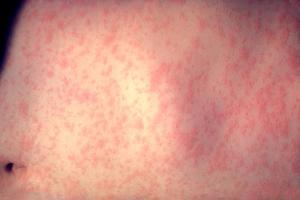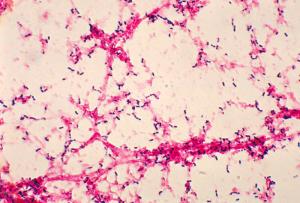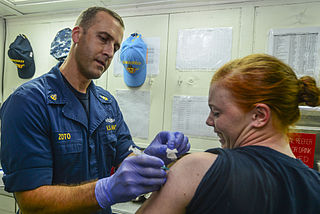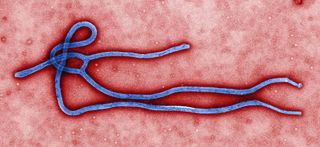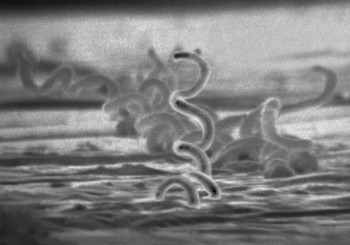
It’s a world of measles, a world of flu. It’s a world of mumps and pertussis too. It’s a world that we share, but please stand over there. It’s a small world after all. -- My new proposed lyrics for the ride It’s A Small World
In December I wrote that 2014 was a banner year for measles in the U.S.. Take a moment to read that post if you want a refresher on the symptoms and history of m...